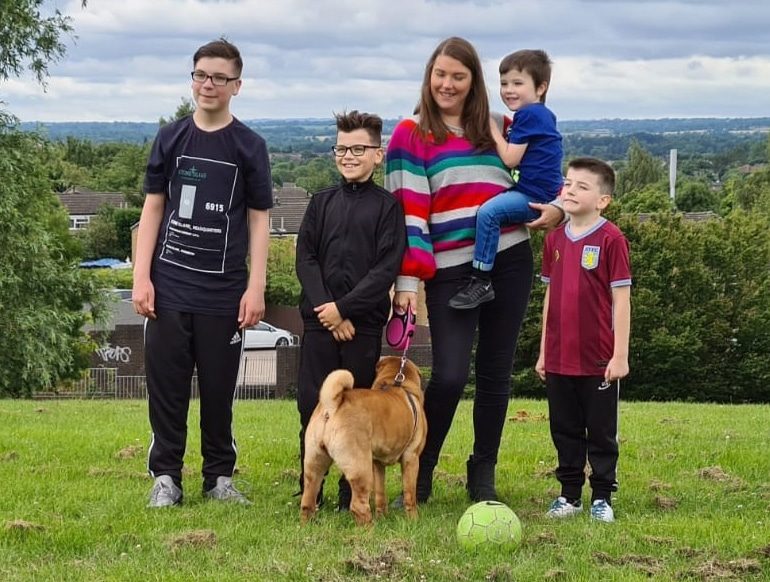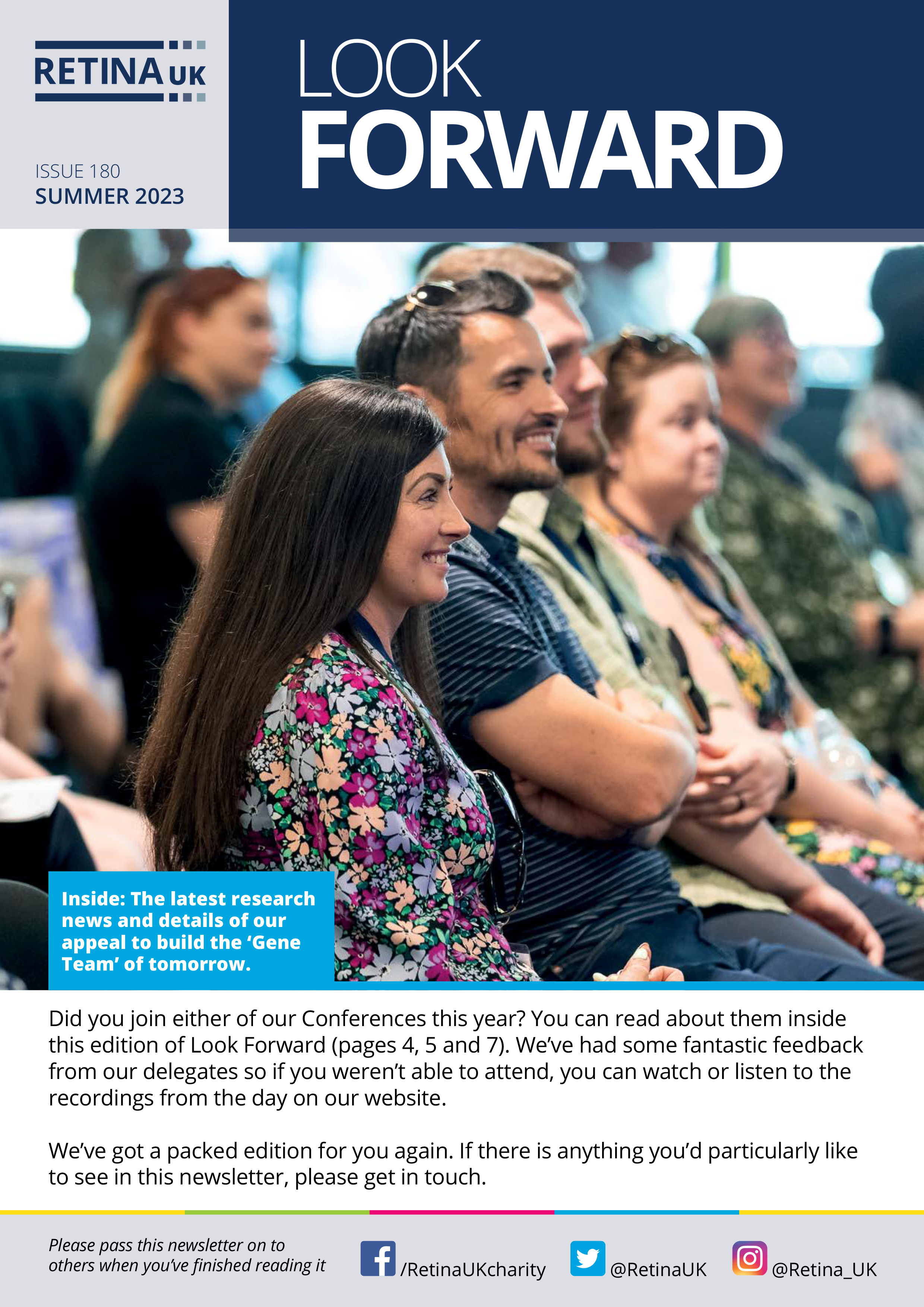
ProQR announces agreement with Laboratoires Théa for inherited retinal disease programmes
Biotechnology company ProQR has announced that two of its RNA therapy development programmes for inherited sight loss are being acquired by Laboratoires Théa, a company specialising in eye care products.






